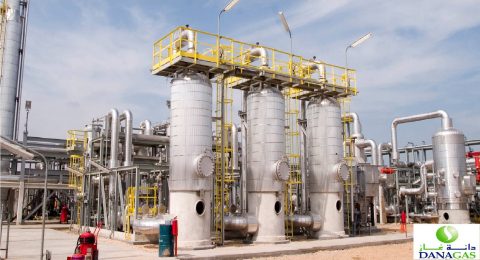United Oil & Gas (UOG) announced that on the AJ-14 well, it expects consistent flow rates in the range of 300 barrels of oil per day (bbl/d) gross and that the well can be promptly brought into production to generate additional cashflow.
In a statement, the company said that it has conducted testing programs on the well and it still continues after it has successfully encountered seven meters of net pay in the primary ARC target in line with the higher end of the pre-drill estimates.
It added that the well-recorded indications of a hydrocarbon-bearing reservoir in the deeper Abu Roash G (“ARG”) reservoir.
On the same context, UOG announced that it started the drilling at the ASH-4 development well which is the fourth in the Abu Sennan license, onshore Egypt.
The company elaborated that the well is targeting over 2. 2 million barrels of gross recoverable oil in the prolific Alam El Bueib (“AEB”) reservoir. It is expected to take 55 days to drill and complete, being fully funded from operational cashflow, according to the statement.
On completion of drilling, ASH-4 is expected to be rapidly brought into production, UOG said.
Brian Larkin, CEO commented “Our active and fully funded drilling programme in Egypt is continuing with our next development well ASH-4 being spud whilst operations continue on AJ-14 to initiate commercial flow rate there. The ASH-4 development well has the potential to be an important well for United from both a production and reserves perspective as it is targeting one of the most prolific reservoirs in Abu Sennan. Working with an experienced Operator on a licence that is well understood, we look forward to drilling the ASH-4 development well before completing the 2022 programme with drilling of the ASF-1X exploration well.
“On AJ-14, we are confident that the stimulation programme, which has delivered positive outcomes on other wells on the field, will result in consistent flow rates in the region of 300 bbl/d gross and the well being quickly brought into production to generate revenue and additional cashflow,” Larkin said.












